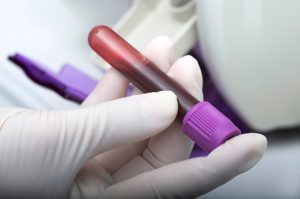
The study highlights the relationship between pathological and normal variants of tau associated with the reduction of brain volume in key structures affected by Alzheimer’s disease. Using a tau biomarker as a means of testing for Alzheimer’s disease could help detect the condition much earlier than current diagnostic tests do – even prior to the symptom onset.
This may come very handy for the development of more specific therapies as well as prevention tactics aimed at reducing the incidence rate of Alzheimer’s disease. Moreover, detecting tau proteins in blood platelets could help expand the understanding of the resulting neurodegeneration.
Related: Alzheimer’s disease stages and progression